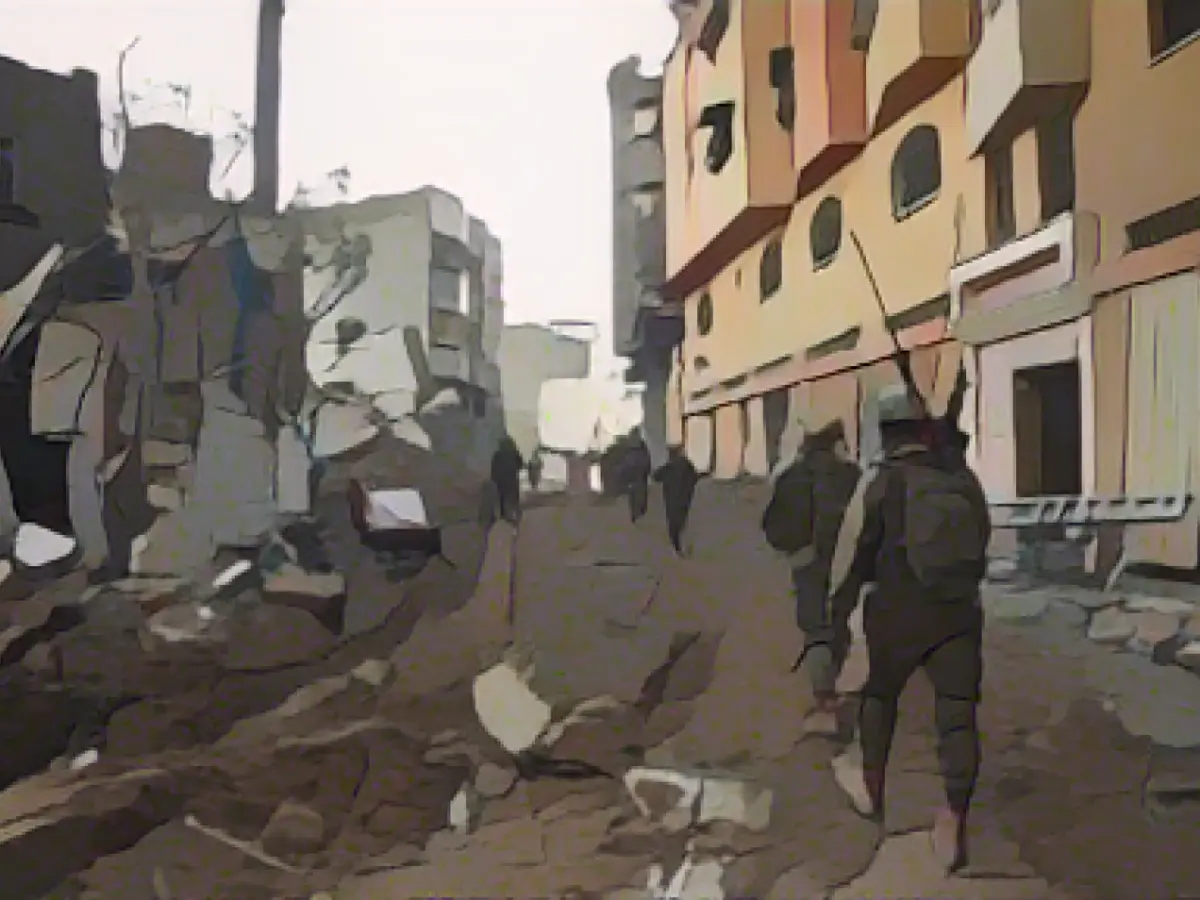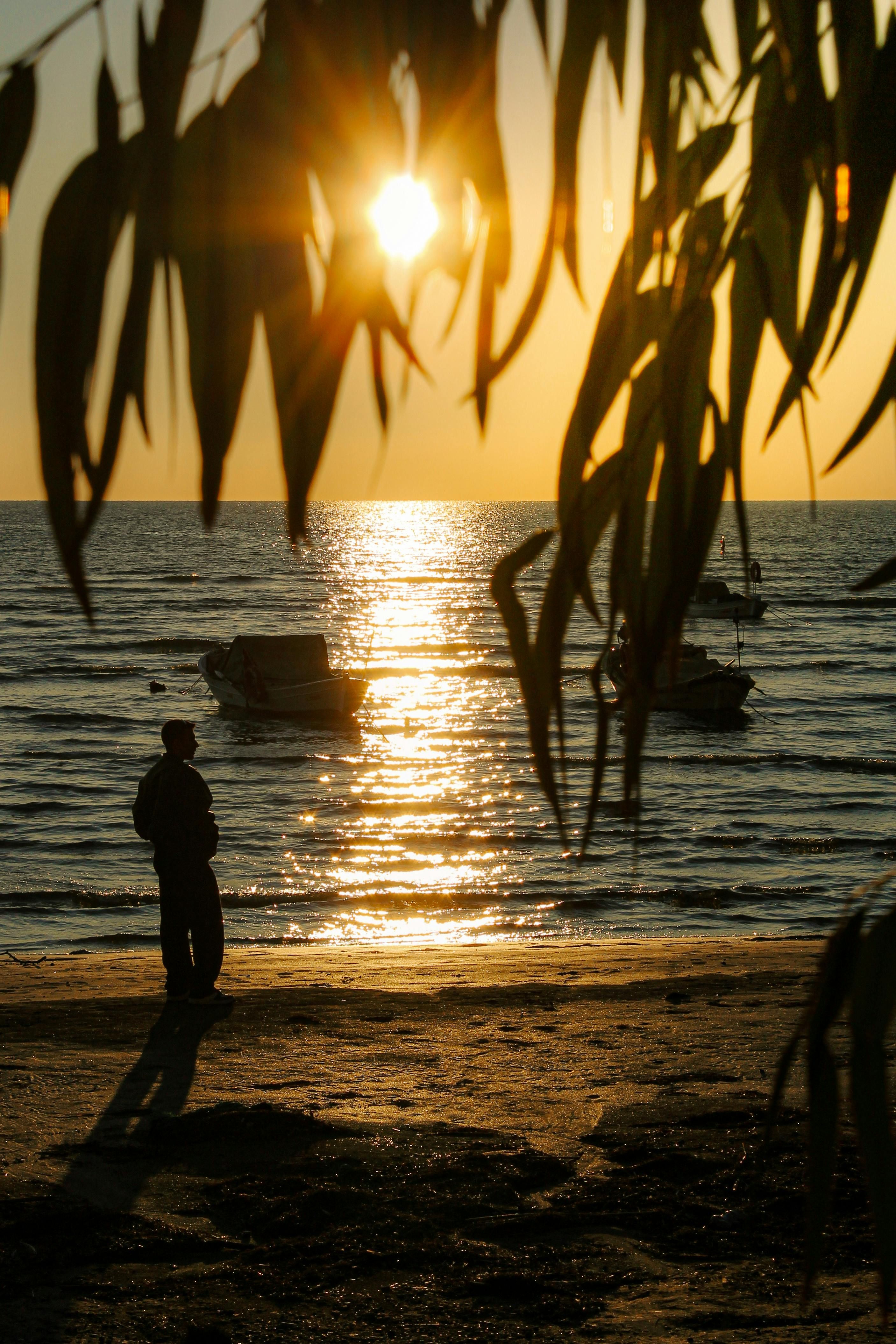Israel Persists with Gaza Assaults Amidst Global Calls for Peace
An urgent and perpetual halt to hostilities in the Gaza Strip is demanded by a resolution proposed by the United Arab Emirates and awaited for discussion by the UN Security Council on Tuesday. This plea aims to ensure "unhampered and safe humanitarian access" to the besieged Palestinian territory.
The vote was initially planned for Monday but was postponed for further negotiation and to sidestep the likelihood of a veto.
Precedently, in December, the UN enacted a resolution for an instant humanitarian ceasefire that was thwarted by the USA through a veto. Security Council resolutions bind nations, but they are often disregarded by the affected parties, such as Israel, which firmly distinguishes itself from the ceasefire.
Subsequently, the US remained ambivalent about the proposed resolution, voicing its inclination towards finding consensus among the Security Council members. State Department spokesperson Matthew Miller alluded to the US's intent to negotiate wordings "agreeable to us and our Security Council colleagues."
Prior to this, US Defense Secretary Lloyd Austin had hinted that Israel might anticipate additional military assistance. During the same time, he advocated for increasing humanitarian aid and improving its distribution to the near two million displaced individuals in the Gaza Strip.
The conflict in the Gaza Strip was triggered by an unprecedented assault by Hamas on Israeli territories on October 7, which saw hundreds of Hamas fighters penetrating Israeli communities and committing grave acts against civilians. According to Israeli reports, approximately 1140 lives were lost, and around 250 people were seized as hostages within the Gaza Strip.
Responding to this, Israel launched assaults on targets within the Gaza Strip and initiated a ground offensive. The Hamas-controlled Ministry of Health reports a toll of more than 19,660 fatalities, although the figures cannot be independently verified.
Despite international entreaties for a cessation of hostilities, Israel has persisted with its attacks in the Gaza Strip. Overnight shelling of Rafah in the southern corner of the Gaza Strip resulted in the death of at least 20 Palestinians, including four children and a journalist, according to information provided by the health authority associated with the radical Islamic Hamas. Assaults on the towns of Chan Junis and Gaza were also documented by AFP reporters.
Concurrently, the Israeli military claimed to have discovered explosives in a hospital in Shujaiya, a neighborhood of Gaza City. Furthermore, it reported the demolition of Hamas tunnels and the elimination of fighters.
Recently, residents of Tel Aviv were compelled to seek refuge due to renewed rocket fire emanating from the Gaza Strip. In Gaza, the Al-Ahli Arab Hospital ceased operations following an invasion by the Israeli military, leaving neither patients nor injured individuals admitted to the facility.
Israel alleges that Hamas has established military infrastructure within hospitals in the Gaza Strip, exploiting civilians as "human shields." Nonetheless, Hamas refutes this.
After a two-week sojourn in the Gaza Strip, Unicef's child advocacy spokesperson James Elder reported that the Nasser Hospital in Chan Junis had been bombed twice within a 48-hour span. Despondent over the indifference displayed by those in power towards the child-related miseries endured in the Gaza Strip, Elder expressed his fury.
Meanwhile, Qatar announced on Tuesday that ongoing efforts for a resumption of a humanitarian ceasefire in the Gaza Strip were underway. Hamas announced that it would entertain prisoner exchanges, provided that a ceasefire was in effect.
In the aftermath of a truce brokered in November by the United States, Egypt, and Qatar, which lasted for several days, Israel released approximately one hundred Israeli hostages; in return, Palestinians freed 240 prisoners from their prisons.








